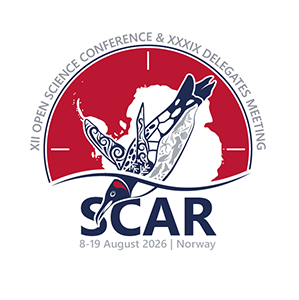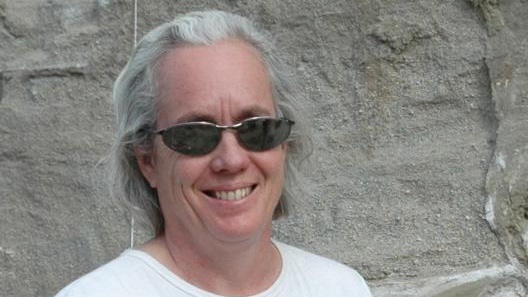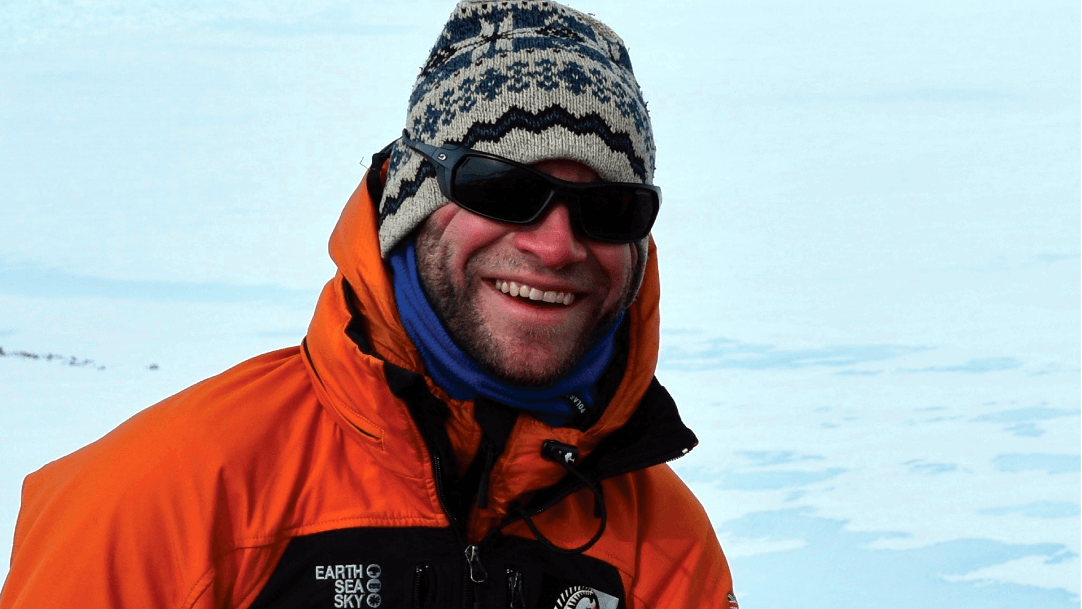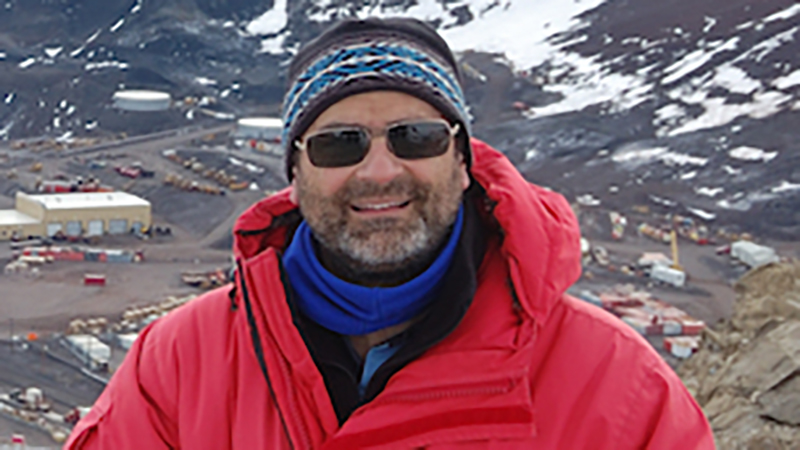US Antarctic Interview Series
US Antarctic Scientists Directory
US-SCAR has created the US Antarctic Scientists Directory and you are invited to register! The intent of the Directory is to have a list of scientists who work in the US Antarctic Program (USAP).
The US Antarctic Scientists Directory will serve as a resource for new Antarctic proposers, will provide a means for people currently involved in USAP activities to find potential collaborators, will allow the general public to learn more about USAP activities and accomplishments, and provide a number of other benefits to the US Antarctic community.
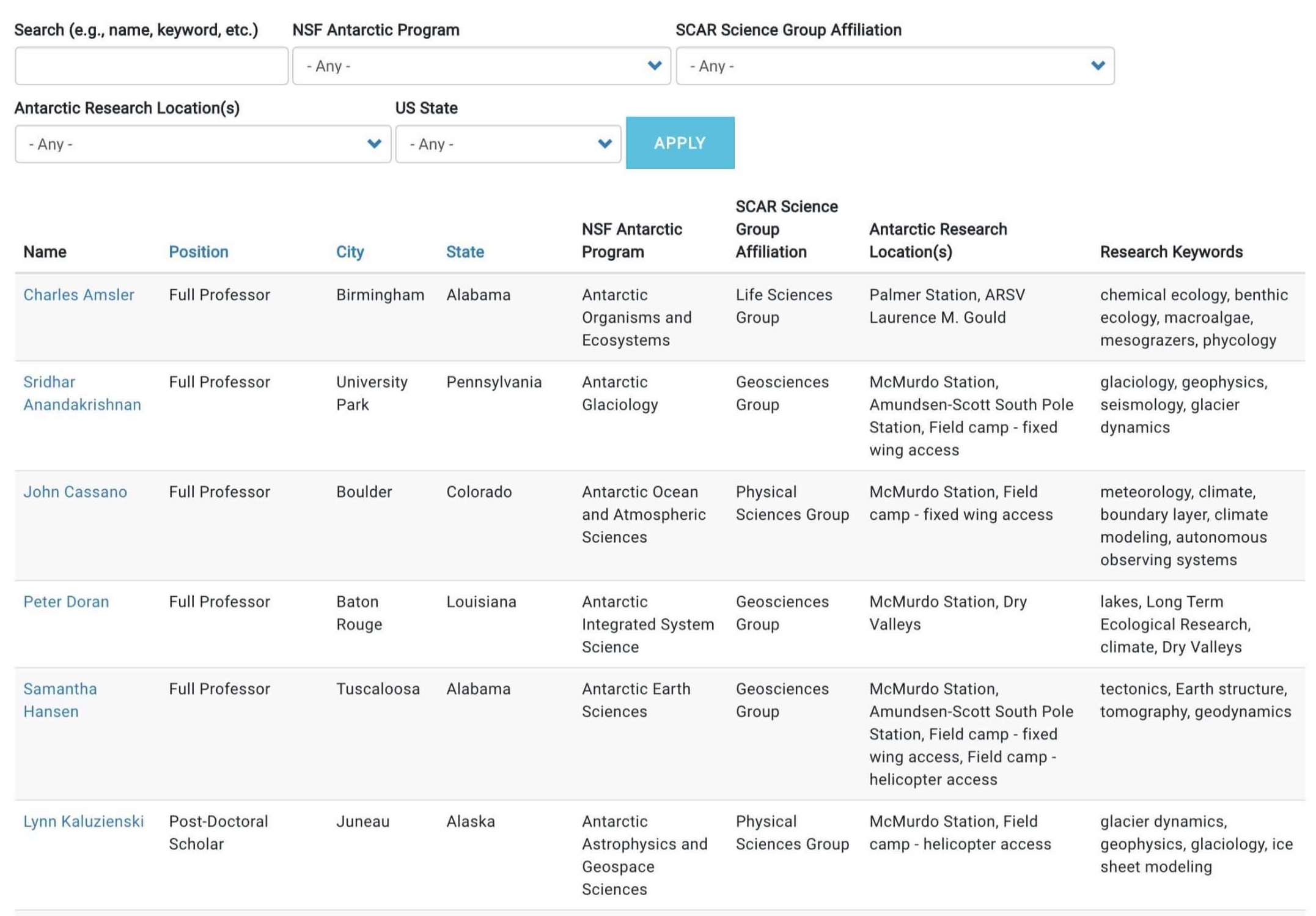
Subscribe to US-SCAR News
Subscribe to our email list to receive the latest news and announcements from US-SCAR. If you have news that you would like to share with the US-SCAR list, send it directly to info@usscar.org.
